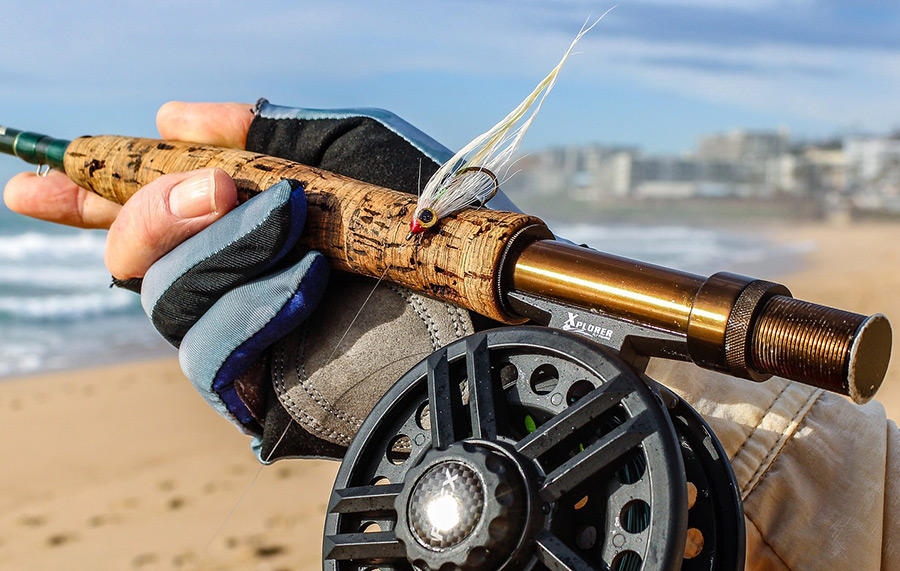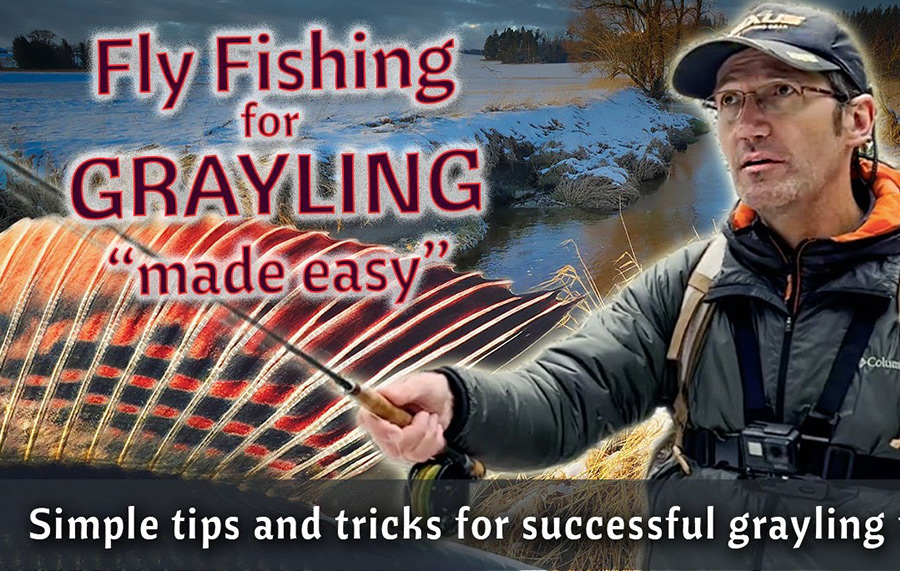How to Choose a Suitable Fly Pattern for Successful Saltwater Fishing
Category: Fly Tying for Beginners
Choosing the right saltwater fly pattern for fishing can be a complex process that involves considering several factors. Generally, saltwater fishing can be difficult due to the combination of challenging environmental conditions, picky fish, and the need for knowledge and experience. However, for those who are up for the challenge, saltwater fly fishing can be a rewarding and exciting experience.

Here are some steps you can follow to choose a suitable saltwater fly pattern:
- Determine the target species: Knowing what species you're targeting is important in selecting the right fly pattern. Different species of fish feed on different types of bait, so selecting a fly pattern that resembles the prey they are feeding on is important.
- Consider the water conditions: Water clarity, depth, temperature, and current can all impact the type of fly pattern you should use. In clear water, you may want to use smaller, more natural-looking flies, while in murky water, you may want to use larger, brighter flies.
- Look at the wind and tides: Wind and tides can greatly impact the movement of the water, and therefore, the type of fly you should use.
- Ask local fly fishing experts: If you're fishing in an area you're unfamiliar with, it's a good idea to ask local fly fishing experts for advice on what fly patterns are working well.
By considering these factors, you can choose the right saltwater fly pattern for your fishing conditions, increasing your chances of success.
Here are the top 10 best saltwater flies for fly fishing, in no particular order:
- Clouser Minnow
- Deceiver
- Lefty's Deceiver
- Bunny Fly
- EP Streamer
- Half and Half
- Gotcha
- Crazy Charlie
- Gurgler
- Merkin Crab
Keep in mind that the effectiveness of a saltwater fly can depend on many factors such as the location, time of year, and the species of fish you're targeting. It's always a good idea to consult with local fly fishing guides and outfitters to determine which flies are best for a particular location and time of year.
